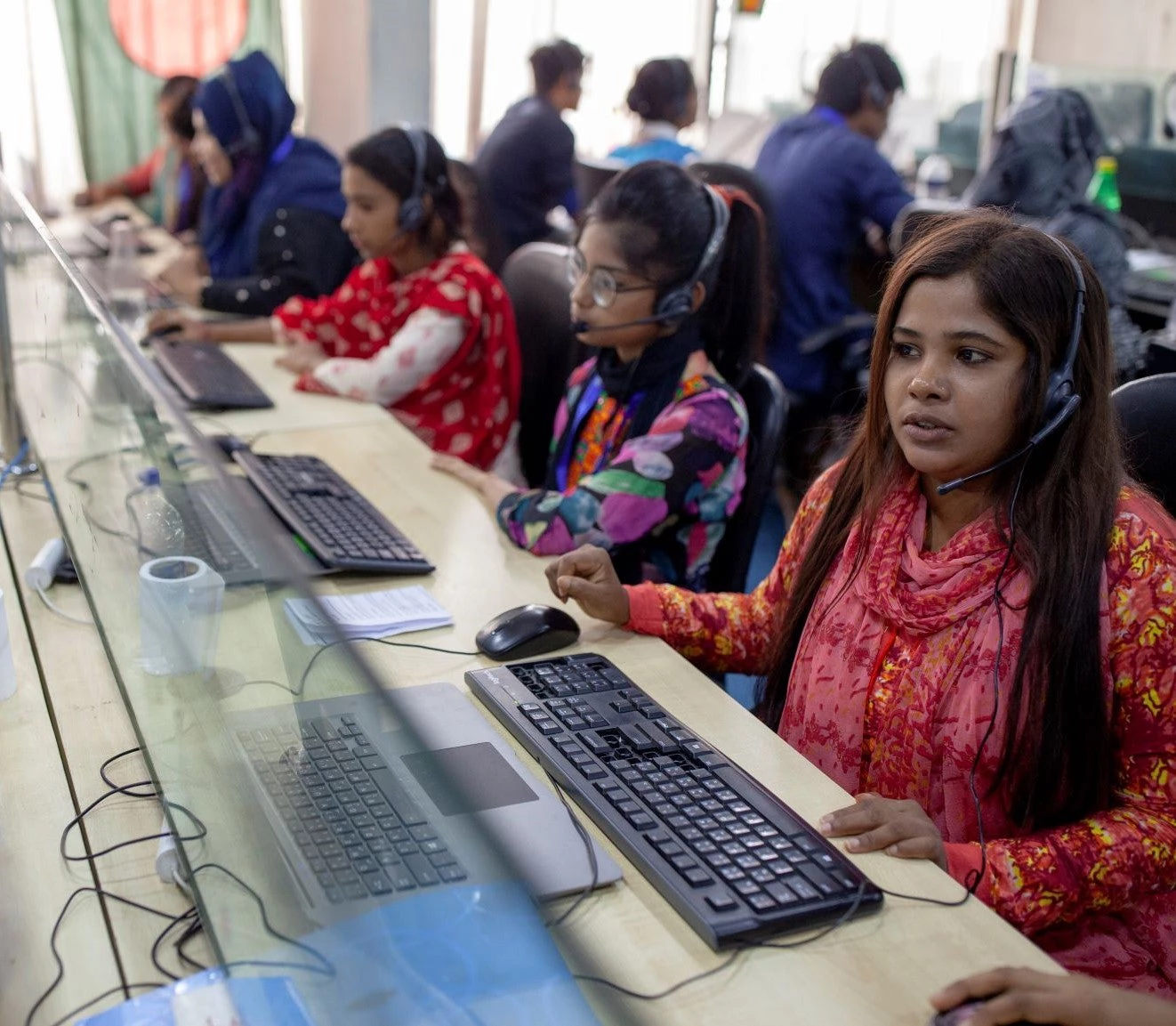Young people have been disproportionately hit by the economic downturn. Youth are just 25 percent of the global workforce but they may comprise up to 40 percent of the unemployed. And unemployed youth are more likely to live in poverty or be at-risk for crime. This was our focus Thursday in a session called "Jumpstarting Jobs".
This is a tough challenge for any country, rich or poor, but we do have some of the answers. We need to get children on the right track from the very beginning. It starts with investing in pregnancy with healthy mothers, proper nutrition for infants in the critical window of the first 2 years of life, and early childhood development programs for cognitive stimulation. Ninety percent of our brain development takes place before age 6, so if we don't invest properly in these early years, the damage may be irreparable.
Then of course we need to make sure kids are not just able to go to school, but are getting a quality education. That means not just reading, writing and math but also developing relevant skills for today's job market, like critical thinking, teamwork and leadership skills. Our new Stepping Up Skills (STEP) framework lays this out clearly.
In my own country, Turkey, we see that declining levels of women are in the workforce. Much of this is due to low levels of girls' education, which means they can only find low-level work, and often that doesn't pay enough to cover the cost of child care - so they drop out of the job market altogether.
I was struck by something the Serbian Deputy Prime Minister said. When he visited Silicon Valley to woo potential investors to his country, they said their biggest needs were not government incentives but rather people who know how to innovate, can speak English and other languages, and have a strong work ethic. And that a key part of the equation is having a meritocracy - so everyone feels their ideas matter and they strive for excellence.
Also, as he said, we need to remember that a job is more than just an income for people - it can also be a social network, a source of social protection, and a source of pride and human development.
Video: Open Forum Session 2: Jumpstarting Jobs




Join the Conversation